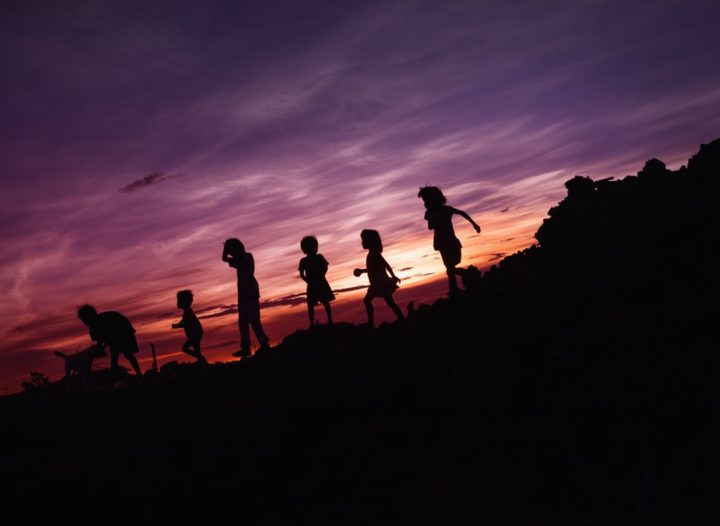Over a Thousand Still Stranded in Hellish Conditions on Greek Islands
In recent days, France has welcomed 49 children flown in from the nightmarish situation in the camps on Greece’s Aegean islands, where thousands of asylum seekers and migrants are stranded in horrendous conditions.
On August 20, France relocated to its territory 16 unaccompanied children, followed this week by 33 others. These transfers are part of a European plan to relocate unaccompanied children in overcrowded and dangerous camps on the Greek islands to other European Union countries. Along with France, 10 other countries have agreed to take in at least 1,600 children by the end of the year. France has pledged to take in 350 of them.
Every kid removed from these dangerous camps to safety is good news and gives hope that they can have a better future after enduring so much hardship. But over a thousand other unaccompanied children still live in extremely precarious conditions in the Greek island camps. Only a minority reside in so-called safe areas; the others face dangers to their health, violence, and a lack of access to basic services such as education and healthcare. Many of them sleep rough, sometimes in the open. The Covid-19 pandemic only adds to the multiple existing threats they are facing.
France should quickly complete the transfer of all the unaccompanied children it has pledged to welcome and ensure each of them has full access to their fundamental rights on its soil.
A permanent system for the relocation of asylum seekers from the Greek islands to other EU member states is urgently needed. France, together with Germany and other member states, should continue its efforts to push its European partners to this end. Until such a system is in place, other EU countries should volunteer to relocate the remaining unaccompanied children from the Greek islands while ensuring their best interests are accounted for. Each member state only needs to take care of a small number of children to put an end to their ordeal. It would be the humane course in what is an ongoing humanitarian emergency.






